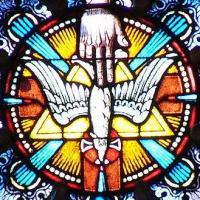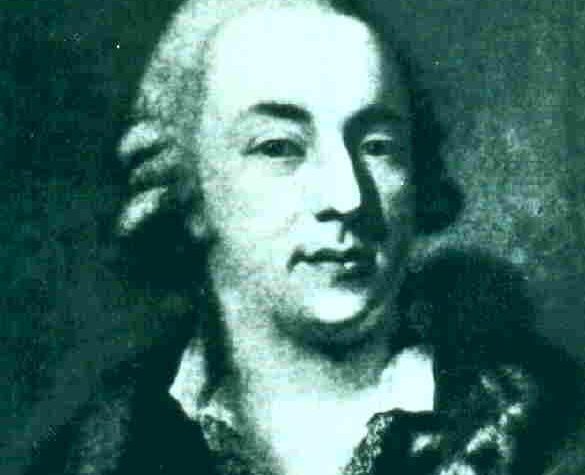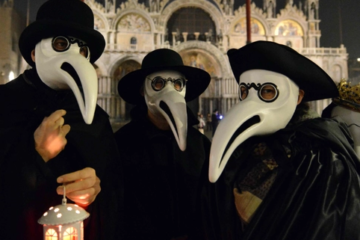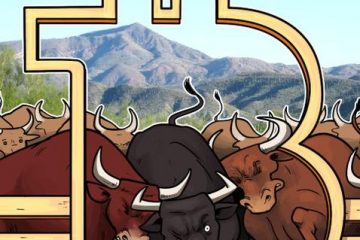Giacomo Girolamo Casanova ( 2 April 1725 – 4 June 1798)
was an Italian adventurer and author from the Republic of Venice.
His autobiography, Histoire de ma vie (Story of My Life), is regarded as one of the most authentic sources of the customs and norms of European social life during the 18th century.
As was not uncommon at the time, Casanova, depending on circumstances, used more or less fictitious names, such as baron or count of Farussi (the name of his mother) or “Chevalier de Seingalt” .
He often signed his works “Jacques Casanova de Seingalt” after he began writing in French following his second exile from Venice.
He has become so famous for his often complicated and elaborate affairs with women that his name is now synonymous with “womanizer”. He associated with European royalty, popes, and cardinals, along with luminaries such as Voltaire, Goethe, and Mozart. He spent his last years in Bohemia as a librarian in Count Waldstein’s household, where he also wrote the story of his life.
Biography
Youth
Giacomo Girolamo Casanova was born in Venice in 1725 to actress Zanetta Farussi, wife of actor and dancer Gaetano Casanova. Giacomo was the first of six children, being followed by Francesco Giuseppe (1727–1803), Giovanni Battista (1730–1795), Faustina Maddalena (1731–1736), Maria Maddalena Antonia Stella (1732–1800), and Gaetano Alvise (1734–1783).
At the time of Casanova’s birth, the city of Venice thrived as the pleasure capital of Europe, ruled by political and religious conservatives who tolerated social vices and encouraged tourism. It was a required stop on the Grand Tour, traveled by young men coming of age, especially Englishmen. The famed Carnival, gambling houses, and beautiful courtesans were powerful drawing cards. This was the milieu that bred Casanova and made him its most famous and representative citizen.
Casanova was cared for by his grandmother Marzia Baldissera while his mother toured about Europe in the theater. His father died when he was eight. As a child, Casanova suffered nosebleeds, and his grandmother sought help from a witch: “Leaving the gondola, we enter a hovel, where we find an old woman sitting on a pallet, with a black cat in her arms and five or six others around her.”. Though the unguent applied was ineffective, Casanova was fascinated by the incantation. Perhaps to remedy the nosebleeds (a physician blamed the density of Venice’s air), Casanova, on his ninth birthday, was sent to a boarding house on the mainland in Padua. For Casanova, the neglect by his parents was a bitter memory. “So they got rid of me,” he proclaimed.
Conditions at the boarding house were appalling, so he appealed to be placed under the care of Abbé Gozzi, his primary instructor, who tutored him in academic subjects, as well as the violin. Casanova moved in with the priest and his family and lived there through most of his teenage years.
In the Gozzi household, Casanova first came into contact with the opposite sex, when Gozzi’s younger sister Bettina fondled him at the age of 11. Bettina was “pretty, lighthearted, and a great reader of romances. … The girl pleased me at once, though I had no idea why. It was she who little by little kindled in my heart the first sparks of a feeling which later became my ruling passion.”.
Although she subsequently married, Casanova maintained a lifelong attachment to Bettina and the Gozzi family.
Early on, Casanova demonstrated a quick wit, an intense appetite for knowledge, and a perpetually inquisitive mind. He entered the University of Padua at 12 and graduated at 17, in 1742, with a degree in law (“for which I felt an unconquerable aversion”).
His guardian’s hope was that he would become an ecclesiastical lawyer.
Casanova had also studied moral philosophy, chemistry, and mathematics, and was keenly interested in medicine. (“I should have been allowed to do as I wished and become a physician, in which profession quackery is even more effective than it is in legal practice.”). He frequently prescribed his own treatments for himself and friends. While attending the university, Casanova began to gamble and quickly got into debt, causing his recall to Venice by his grandmother, but the gambling habit became firmly established.
Back in Venice, Casanova started his clerical law career and was admitted as an abbé after being conferred minor orders by the Patriarch of Venice. He shuttled back and forth to Padua to continue his university studies. By now, he had become something of a dandy—tall and dark, his long hair powdered, scented, and elaborately curled.
He quickly ingratiated himself with a patron (something he was to do all his life), 76-year-old Venetian senator Alvise Gasparo Malipiero, the owner of Palazzo Malipiero, close to Casanova’s home in Venice.
Malipiero moved in the best circles and taught young Casanova a great deal about good food and wine, and how to behave in society. However, Casanova was caught dallying with Malipiero’s intended object of seduction, actress Teresa Imer, and the senator drove both of them from his house.
Casanova’s growing curiosity about women led to his first complete sexual experience, with two sisters, Nanetta and Marton Savorgnan, then 14 and 16, who were distant relatives of the Grimanis. Casanova proclaimed that his life avocation was firmly established by this encounter.









